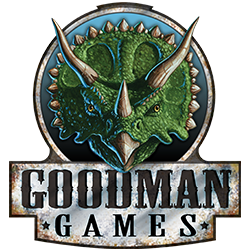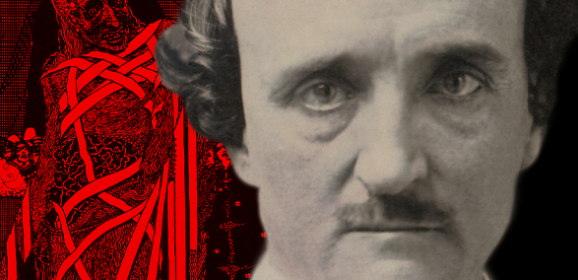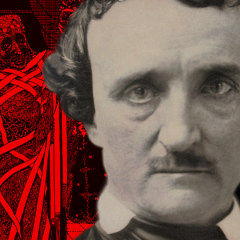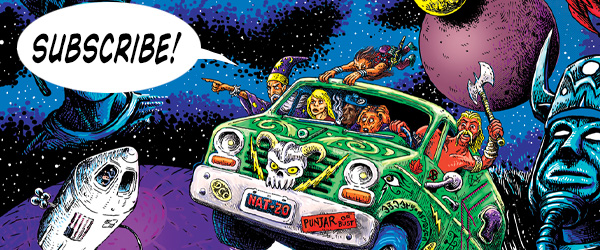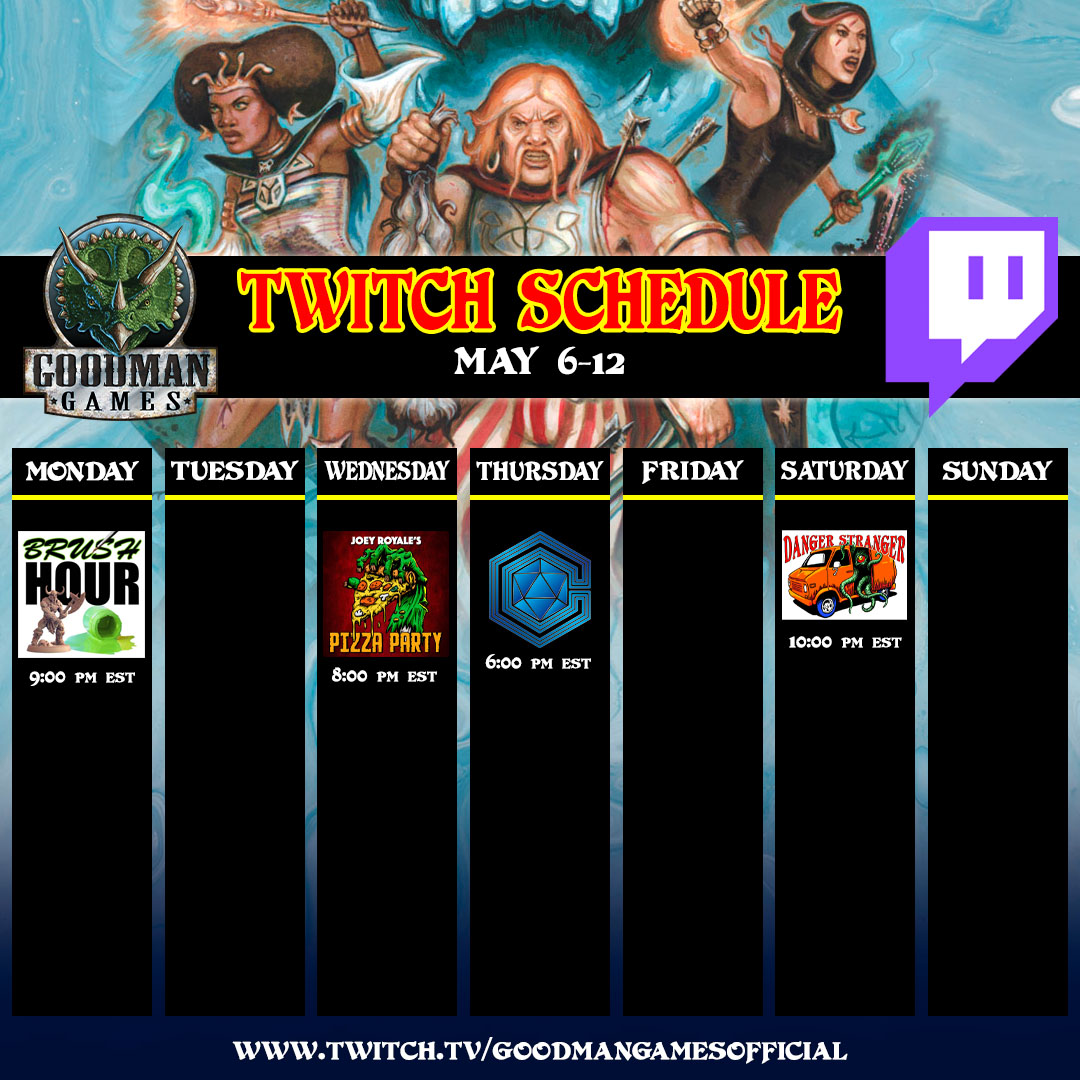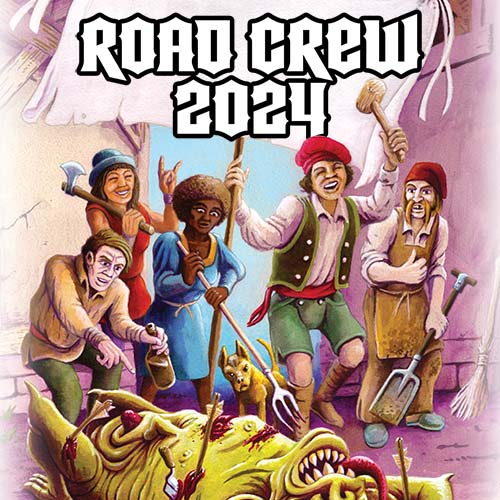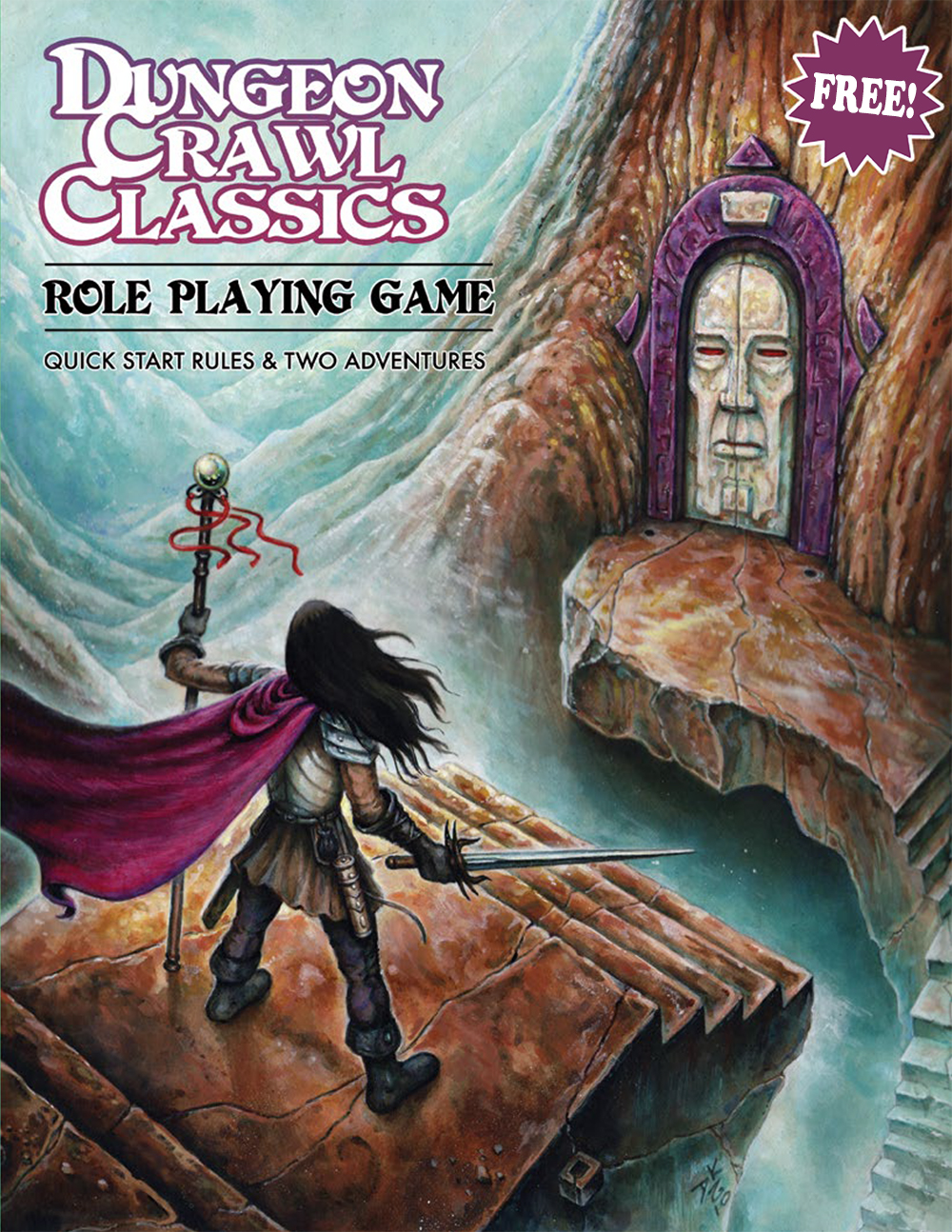Posted by pandabrett on Jan 19, 2024
Appendix N Archaeology: Edgar Allan Poe
Our Appendix N Archeology and Adventures in Fiction series are meant to take a look at the writers and creators behind the genre(s) that helped to forge not only our favorite hobby but our lives. We invite you to explore the entirety of the series on our Adventures In Fiction home page. Appendix N Archaeology: Edgar Allan Poe by Bradley K McDevitt Part One: The Writer Ok, class, before we start… let’s have a show of hands. Who here thinks about reading Edgar Allan Poe and gets traumatic flashbacks to seventh grade English? I thought so. Having the father of the modern horror story force-fed us tends to have that effect, as opposed to other lesser writers like Lovecraft, Howard, or Tolkien, all of whom we had to discover on our own. So even when Joe Goodman suggested doing some Appendix N Archaeology articles, I had not thought of the Bard of Baltimore until he suggested revisiting Poe. And in retrospect, decades from those dreaded reading assignments, I can think back, remember stories like The Pit and the Pendulum, The Masque of the Red Death, and The Telltale Heart and realize that he was, more than Hawthorne or Stoker, the father of modern horror fiction. Before Poe, there were horror stories and novels like Varney the Vampire or Geoffrey Lewis’ The Monk, but the majority were more morality stories than anything else or ended, Scooby-Doo-style, with the villains unmasked as mere charlatans. Poe was the first successful writer to pen stories intended with no purpose but to ensure the reader would not have pleasant dreams that night. I dare anyone suffering from claustrophobia to go back and read A Cask of Amontillado or The Black Cat and then sleep with the lights off. Go ahead, I double-dog dare you. Other stories still retain their power, too. One can easily trace a line from The Facts in the Case of M. Valdemar to Lovecraft’s classic death-survival story Cool Air. And modern horror writers like Clive Barker call back to Poe explicitly with stories like The New Murders in the Rue Morgue. Poe suffers what I might be inclined to call “Shakespeare Syndrome”—being archly informed how important he is has clouded our perception as to how important he actually is. Poe did not write much science fiction, and fantasy as a literary genre would not come to exist...
Read more
